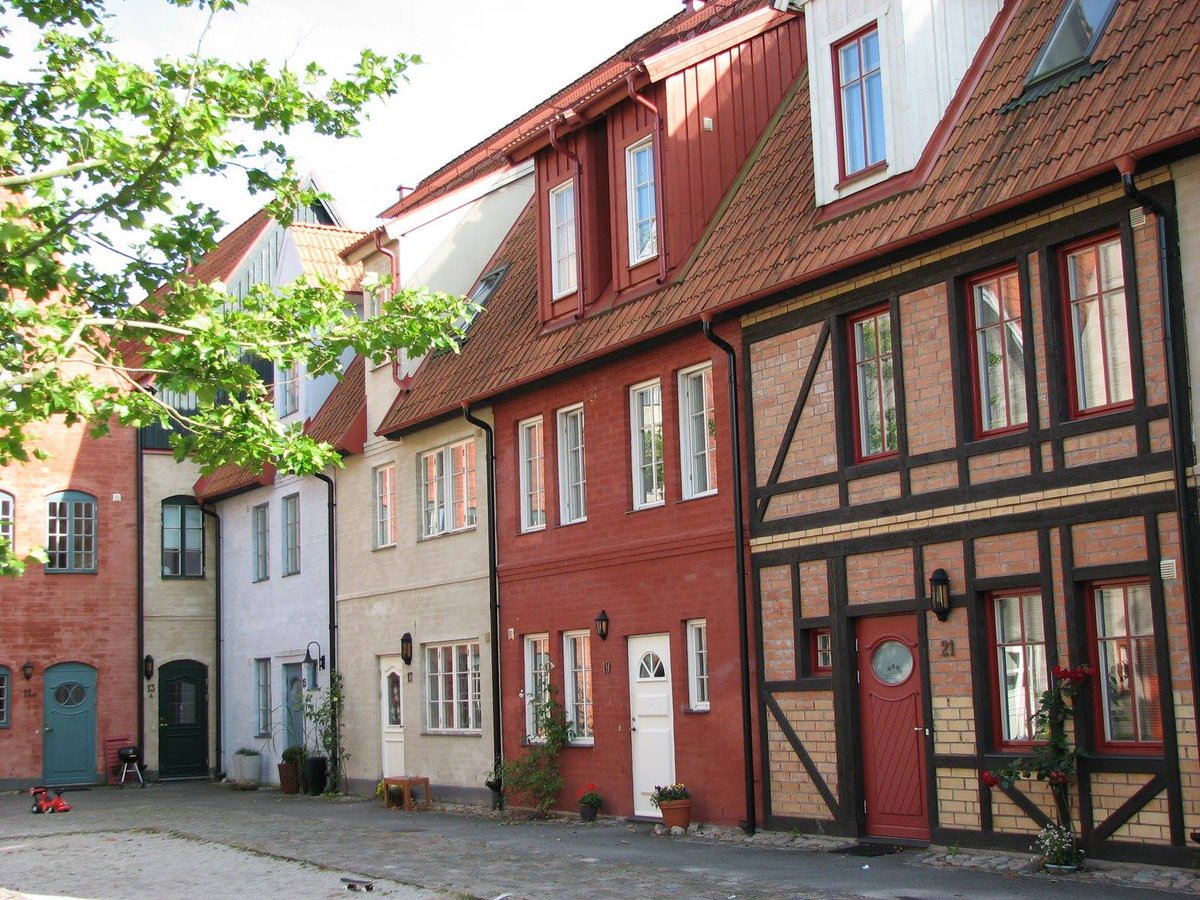A (short) Thread on #Urbanism
Premise:
#TaditionalUrbanism is far more sustainable, more graceful, cheaper, and encourages a more ethical and ecological way of living than #ModernUrbanism.

Premise:
#TaditionalUrbanism is far more sustainable, more graceful, cheaper, and encourages a more ethical and ecological way of living than #ModernUrbanism.


The return to traditional architecture and settlement patterns is an overwhelming necessity – yet we are incentivized to focus on cosmetic solutions. We think we need veganism, we think we need “green” skyscrapers, we think we need “green” fuel.
Nonsense.
Nonsense.

We don’t need #veganism; we need to re-encourage local, small scale and ecologically-sensitive farming. It’s not about changing your diet; it’s about changing – going back to – the way we (used to) generate food.
#Veganism will merely encourage more ultra-processed food on a global level, thus making our large corporations happier, while the planet will remain similarly or insignificantly less polluted yet humans increasingly sicker.
We don’t need “green” skyscrapers; we need traditional houses that merely need local, sustainable, cheap materials in order to be built and supported. 

We don’t need more “green” fuel; we need to re-build and re-organize our cities in such a way that we don’t need that much fuel to support our buildings, means of transportation, streets, etc. 

Again: Traditional urbanism is far more sustainable, more graceful, cheaper, and encourages a more ethical and ecological way of living than modern urbanism. To discourage traditional urbanism is to reject millennial technical experience and knowledge.
• • •
Missing some Tweet in this thread? You can try to
force a refresh
























